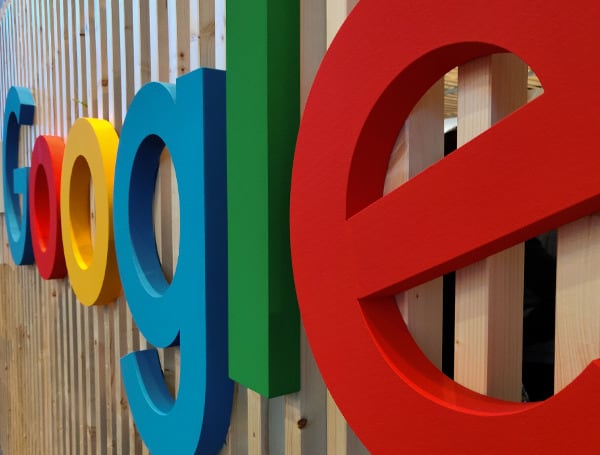The digital landscape is shifting beneath the feet of news publishers, and the tremors are being felt as devastating traffic drops. Google, once the benevolent shepherd of internet users to news sites, is transforming into an “answer engine,” and its AI-powered features are increasingly replacing traditional blue links with instant, comprehensive answers – leaving publishers out in the cold.
Major news outlets, including HuffPost, the Washington Post, and Business Insider, have witnessed their organic search traffic plummet by around 50% over the past three years, according to alarming data from Similarweb. The impact is so severe that Business Insider recently laid off 21% of its staff, with CEO Barbara Peng directly attributing the cuts to “extreme traffic drops outside of our control.”
READ: Google Illegally Dominated Online Ad Markets, Federal Judge Rules In Blow To Tech Giant
“Google is shifting from being a search engine to an answer engine,” lamented Atlantic CEO Nicholas Thompson, acknowledging the stark reality. “We have to develop new strategies.”
The seismic shift accelerated in 2024 with the introduction of AI Overviews, which summarize search results directly at the top of the page. The subsequent rollout of AI Mode in May, a more interactive, chatbot-style version of Overview, presents an even greater threat by offering conversational answers with minimal, if any, links back to original sources.
Similarweb’s data paints a grim picture: between April 2022 and April 2025, organic search traffic to HuffPost’s desktop and mobile sites nosedived by nearly 50%. The Washington Post experienced a similar decline, while Business Insider’s organic search traffic plunged a staggering 55% in the same period.
READ: 38 States And DOJ Propose Final Fix To Break Google’s Search Monopoly
The gravity of the situation isn’t lost on industry leaders. At a company meeting earlier this year, The Atlantic’s Nicholas Thompson chillingly projected Google traffic would “drop toward zero,” underscoring the urgent need for a radical evolution of their business model. William Lewis, publisher and CEO of the Washington Post, minced no words, calling it a “serious threat to journalism that should not be underestimated.”
In response, publishers are scrambling to forge new paths to their audiences, focusing on direct engagement. The Atlantic is reportedly beefing up its app, expanding its print magazine, and pouring investments into events. Neil Vogel, CEO of Dotdash Meredith, revealed a dramatic shift: Google search’s share of their web traffic has dwindled from 60% at their 2021 merger to approximately one-third today, with overall traffic now growing through newsletters and specialized platforms.
Simultaneously, media companies are navigating the complex legal landscape surrounding AI. The New York Times has filed copyright infringement lawsuits against OpenAI and Microsoft, while concurrently securing a licensing agreement with Amazon. News Corp, too, maintains a content agreement with OpenAI while pursuing litigation against Perplexity.
READ :Trump Admin Blasts Media: ‘Google It!’—GAO Report Exposes Billions In Annual Federal Fraud Losses
As Sherry Weiss, chief marketing officer of Dow Jones and The Wall Street Journal, succinctly put it, the industry’s new mantra is clear: “As the referral ecosystem continues to evolve, we’re focused on ensuring customers come to us directly out of necessity.” The era of relying on Google for traffic may be over; the battle for direct audience connection has just begun.
Please make a small donation to the Tampa Free Press to help sustain independent journalism. Your contribution enables us to continue delivering high-quality, local, and national news coverage.
Connect with us: Follow the Tampa Free Press on Facebook and Twitter for breaking news and updates.
Sign up: Subscribe to our free newsletter for a curated selection of top stories delivered straight to your inbox.

